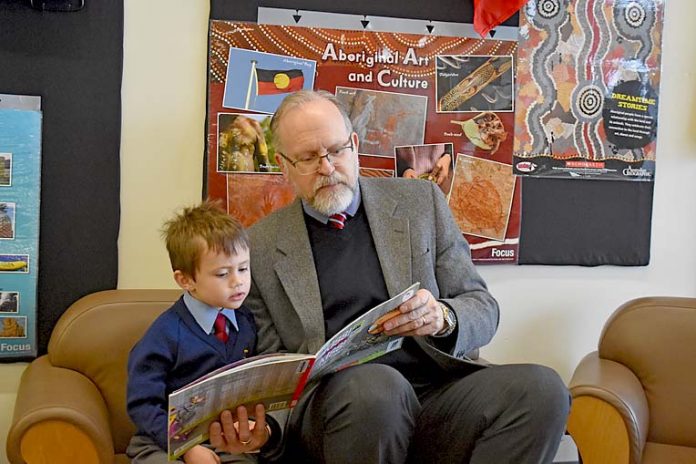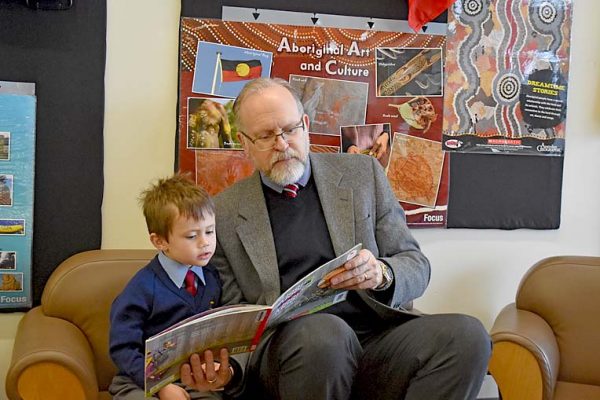

THE first release of the National Assessment Program – Literacy and Numeracy (NAPLAN) testing results have been made public, with South Australia achieving below average results in 19 of the 20 categories.
With regional-specific data not yet available, the initial findings have revealed the state achieved the lowest or second lowest scores in 15 of the 20 tested areas, only besting Tasmania in the lowly results.
While Acting Education Minister Rob Lucas conceded there was “room for improvement”, he celebrated increases in Year 3 mean score results in every test domain, as well as nation-leading growth in writing scores.
Reflecting on the results yesterday, St Martins Lutheran College principal Alan Connah urged people to remember the testing was just one evaluation tool for learning.
Mr Connah said the college encouraged parents to evaluate their children’s results but also take into consideration other assessment measures.
“We need to consider the testing was done much earlier in the year and the students have progressed since results were recorded,” Mr Connah said.
“We ask parents to look at it in a holistic fashion.
“If there are any particular concerns which do arise when looking over results, we encourage parents to reach out and talk to the students’ teacher.”
Mr Connah said the college used the annual testing as an ongoing assessment but had not had time to completely evaluate this year’s records.
“We have only completed a basic initial analysis but we will be drilling into the data as much as we can over the next week.
“During my time NAPLAN has only ever confirmed what we already know and it is rare the results show as anything different.
“We already have extensive plans in place which address the needs of particular students to help them in areas which they find challenging.
“I do not think it is a productive way to compare schools but it is more about assessing the child’s need.
“It is about looking over reading, numeracy, spelling, punctuation and writing capabilities and understanding where students sit on a national level.”
The principal said it was important to continue motivating the younger grades no matter their testing results.
“For the older grades, I think it is more about encouraging them to appreciate their strengths and perhaps help them identify areas they can work on,” Mr Connah said.







